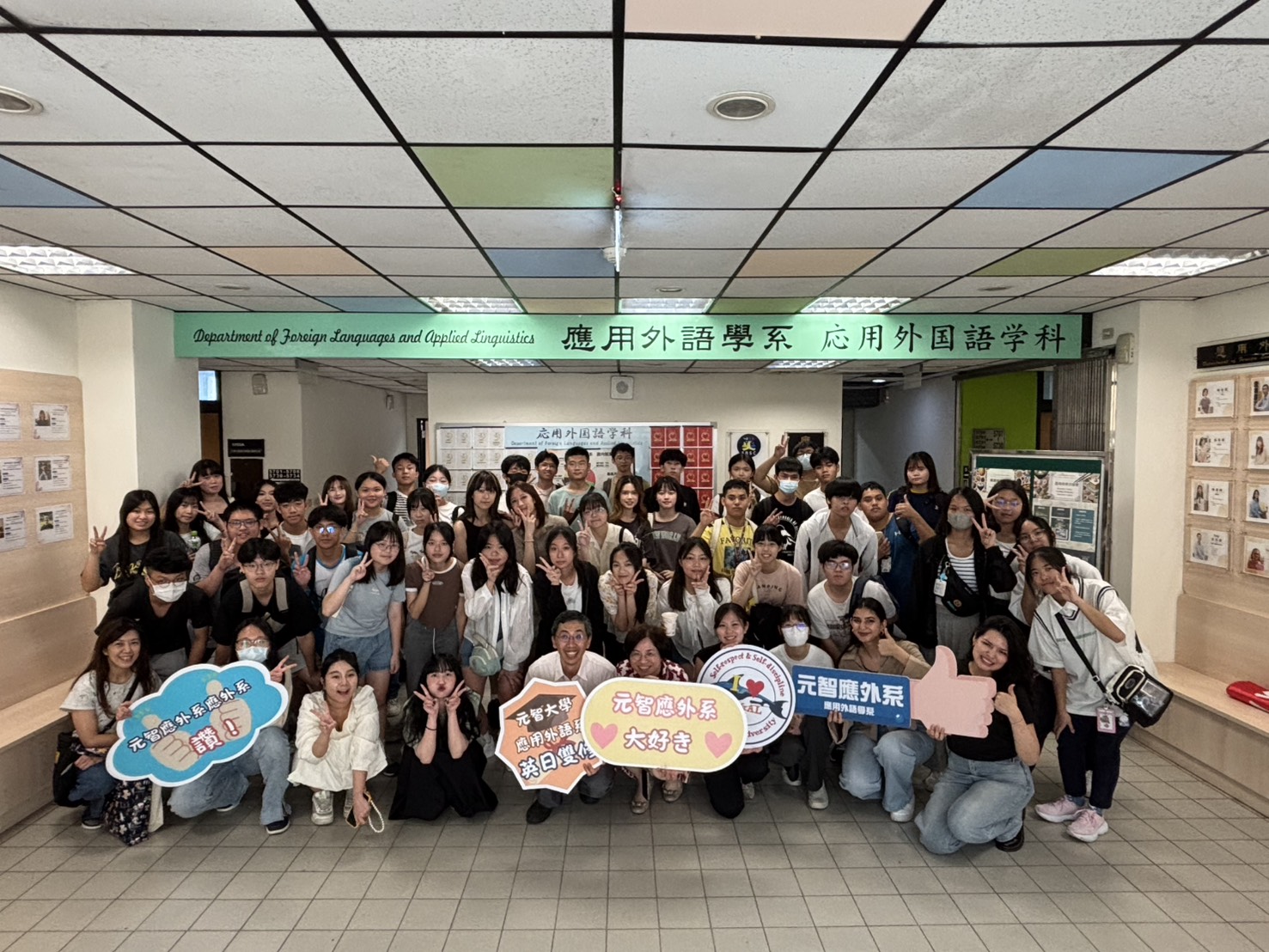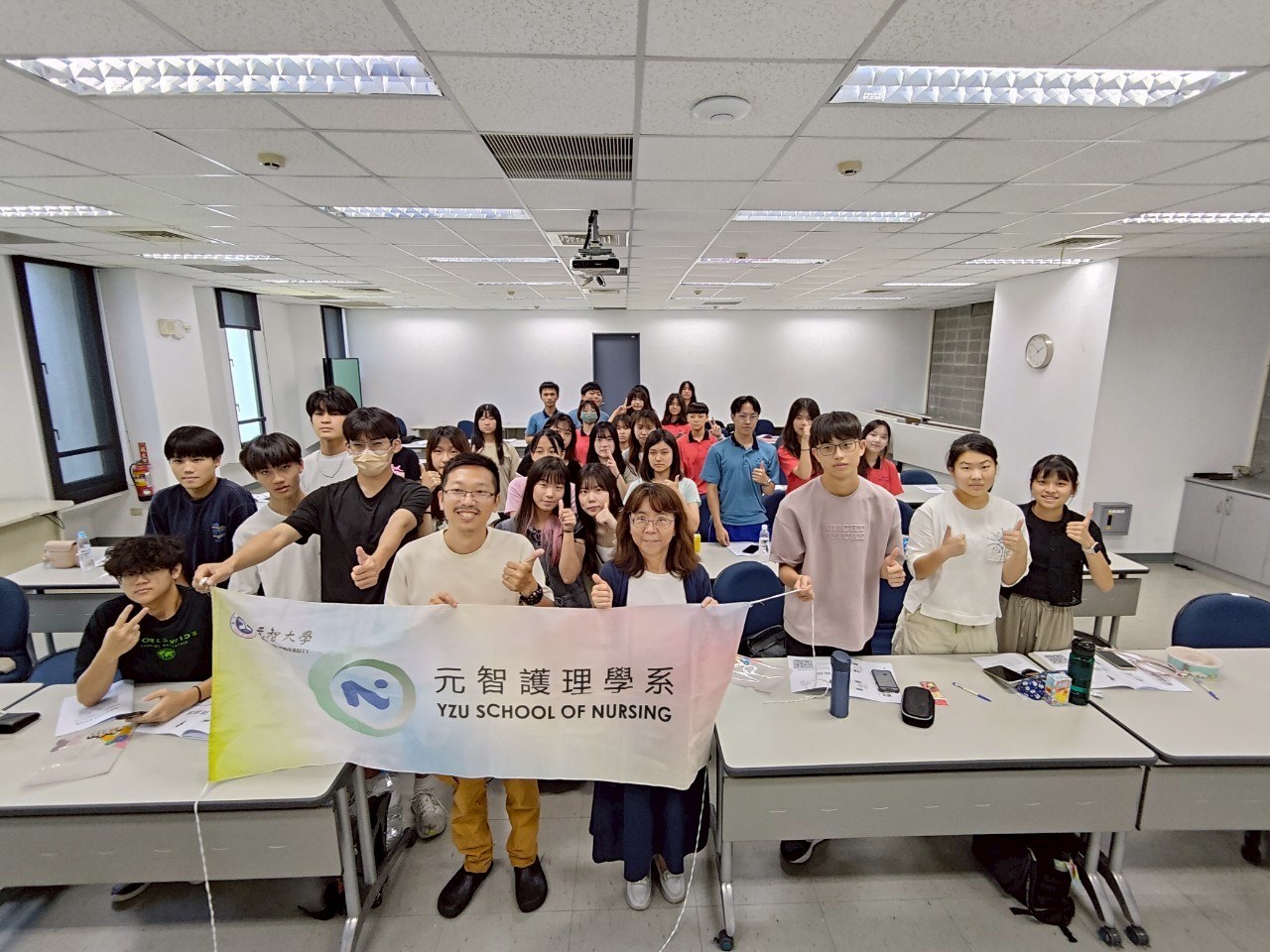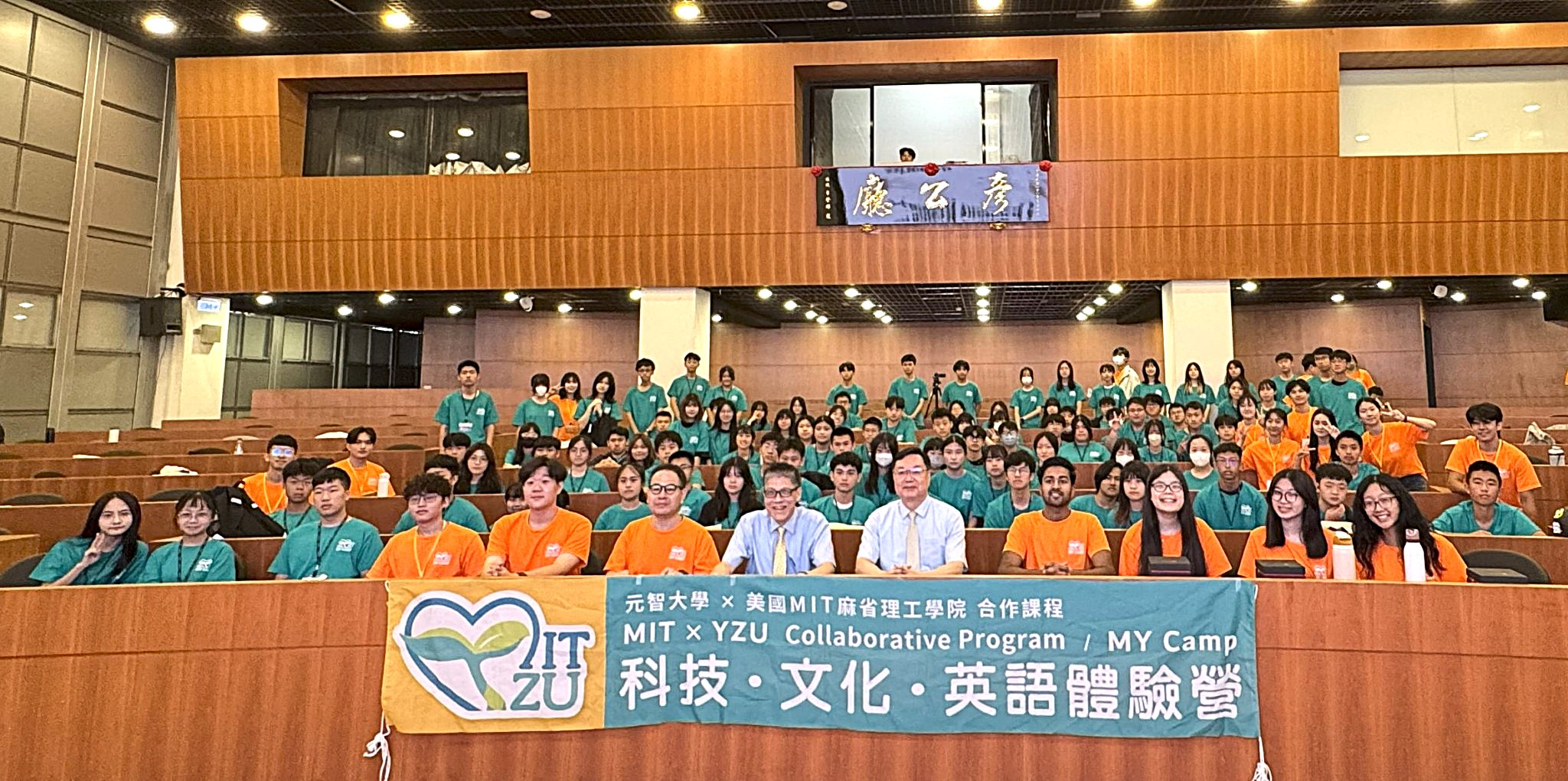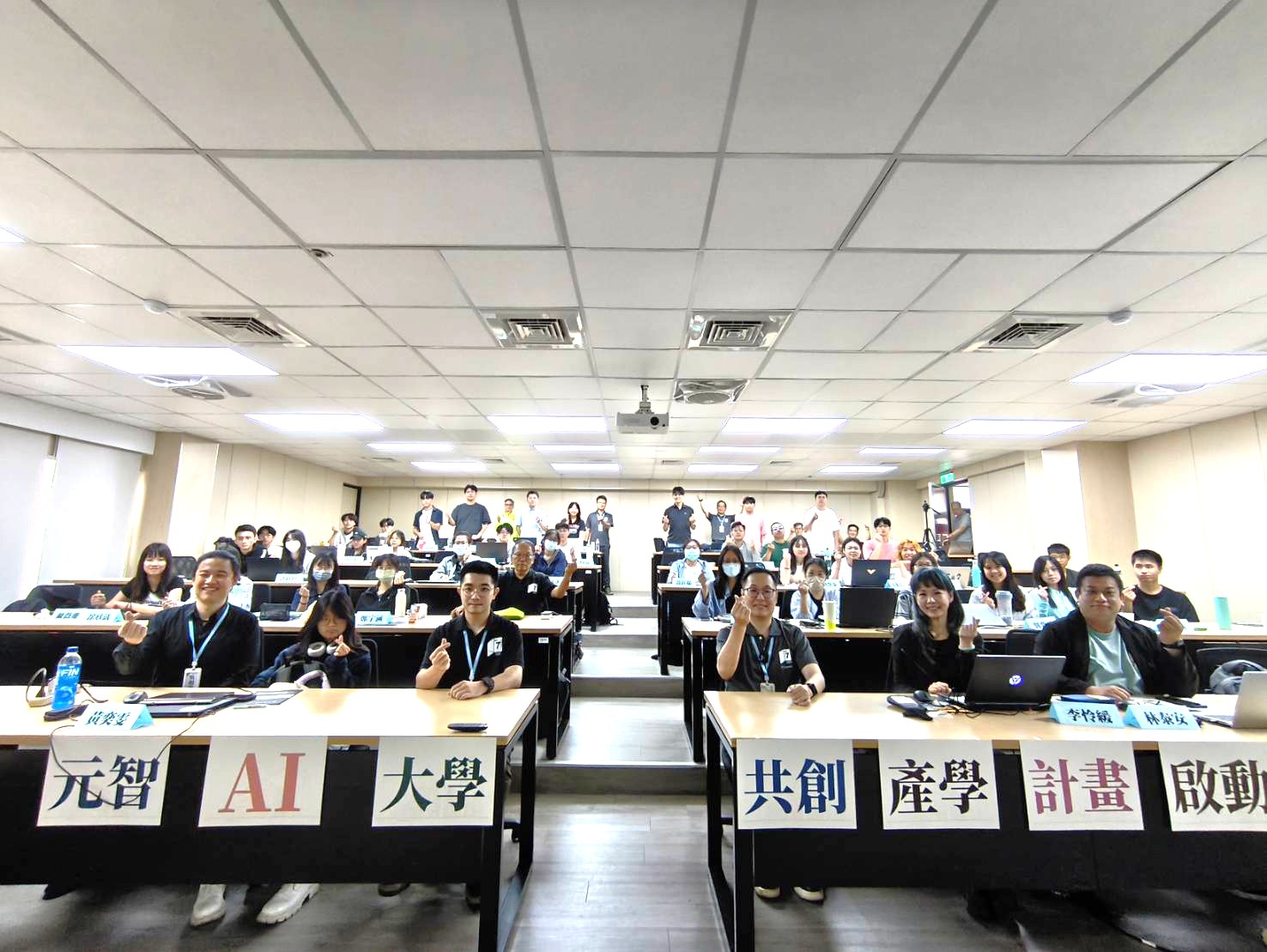On July 1, the Department of Foreign Languages and Applied Linguistics at Yuan Ze University held the “International Cuisine English Camp” and the “Taste of Washoku Japanese Camp,” attracting 44 students from 20 high schools across Taoyuan, Taipei, New Taipei, Hsinchu, and Taichung.
On July 1, the Department of Foreign Languages and Applied Linguistics at Yuan Ze University held the “International Cuisine English Camp” and the “Taste of Washoku Japanese Camp,” attracting 44 students from 20 high schools across Taoyuan, Taipei, New Taipei, Hsinchu, and Taichung.
On the first day of summer vacation, students embarked on a cultural exploration journey by making international dishes and learning languages, deepening their cross-cultural understanding and practical language skills.
In the International Cuisine English Camp, master’s students from Peru and Pakistan introduced classic dishes from their countries. Participants made Peru’s Papa a la huancaína potato salad, experiencing the rich flavors of yellow chili cheese sauce paired with potatoes and black olives. They then tried their hand at Pakistan’s street food, Chana Chaat, a chickpea salad featuring crushed red chili, red onion, cilantro, and a goat cheese sauce, showcasing distinctive international spices. Students had mixed reactions to the novel flavors—some loved them, while others opted for the sushi and takoyaki prepared in the Japanese camp. In the afternoon session, students worked in groups to design their own “dream restaurant” menus, featuring Italian, Japanese, and South African cuisine, then presented their work in English, improving their language expression and teamwork skills.
The Taste of Washoku Japanese Camp was led by Yun-Hsien Liang, who guided both Japanese and Taiwanese students from the basics of the Japanese syllabary and Romanized spelling to dining-related vocabulary. They learned terms for everyday foods like takoyaki (たこ焼き), curry rice (カレーライス), dango (団子), and miso soup (味噌汁), practiced simple sentence patterns, and gained an understanding of Japanese table manners. Japanese exchange student Miyu Yokoyama then introduced iconic Japanese dishes such as sushi and takoyaki, explained the differences between sashimi and sushi, and led the students in making sushi and takoyaki themselves, producing crisp-on-the-outside, tender-on-the-inside, visually appealing creations that gave students a deeper appreciation of washoku culture.
In the afternoon, four fun game stations helped students reinforce language and cultural learning through play. The first station, Food Poker, had students search for Japanese vocabulary cards to train their reaction time and memory. The second, Food Monopoly, incorporated famous dishes and historical events from different regions of Japan—such as the bubble economy and the opening of the Tokaido Shinkansen—to deepen cultural knowledge. The third station, Origami Crane, featured a demonstration and explanation by Yokoyama about the crane’s symbolism of longevity and happiness in Japanese culture. The fourth station, Kendama Challenge, combined hand-eye coordination and balance, giving students hands-on experience with a traditional Japanese skill. The entire event was filled with laughter and challenges, enabling students to naturally acquire language and cultural knowledge through interactive learning.
 English
English  正體中文
正體中文 



